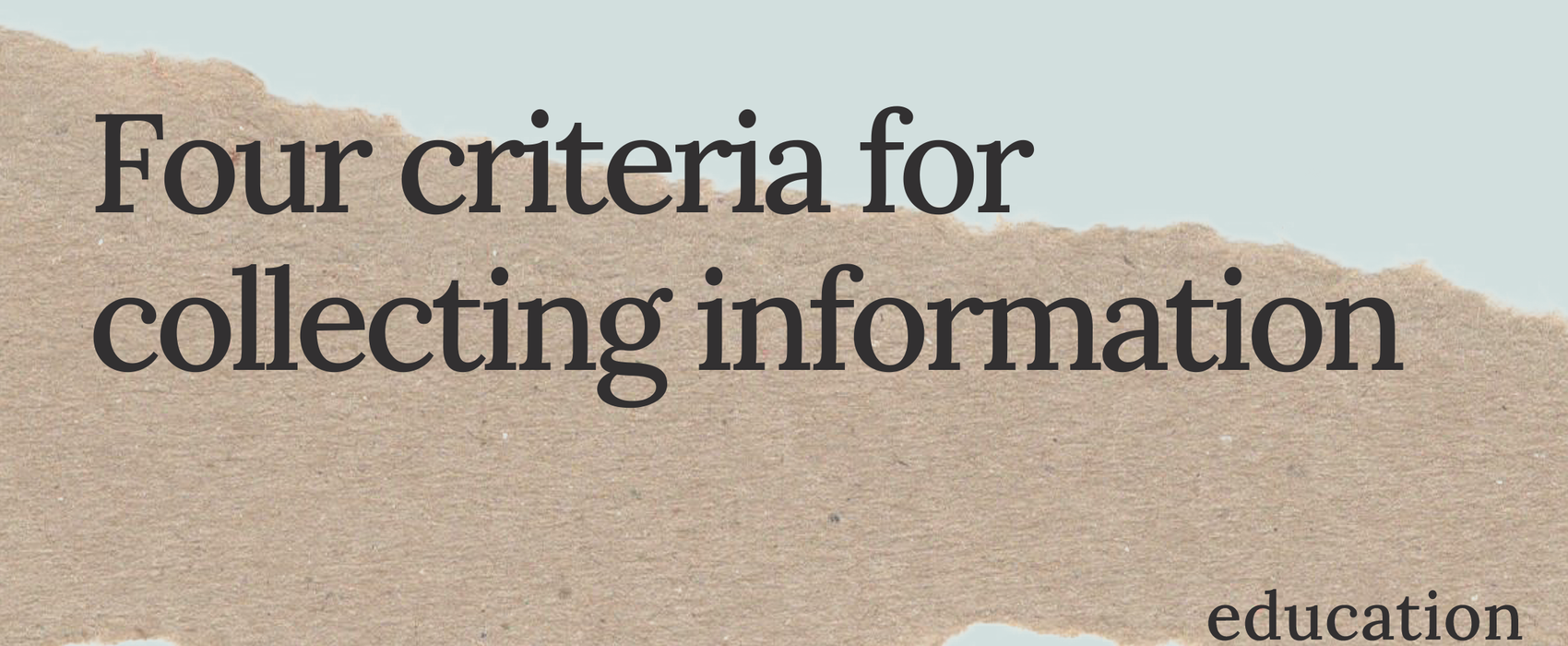Table of Contents
Until relatively recently, information and knowledge were rare commodities that were difficult to access.
Today, we suffer from an abundance of information that sometimes paralyzes rather than helps. We have evolved from FOMO (Fear of Missing Out) to FOMI (Fear of Missing Information). It is difficult to find quality content on Google. The first results are usually commercial information, articles optimized for SEO and the algorithm, which remain on the surface and do not contribute much. It is not possible to ask Google to show only "good sources" or "interesting ideas".
Our challenge today is not a lack of knowledge, but rather to finely hone our sixth sense of relevance and quality; to be aware of what is happening around us and to perceive the information that surprises us, that fulfills us and that we feel helps us.
To efficiently manage the information and knowledge that is relevant to you and your work, and not be overwhelmed by all that you consume, it can be useful to have a system for working and interacting with that knowledge.
The most common way we save passages from books that interested us is by underlining them. Sometimes we save interesting links in the browser bookmarks. Other times, we jot down interesting expressions in a physical journal. When taking a course, we may buy a notebook for that particular course, write a few pages full, and then never touch it again.
Before we start storing links, expressions and whatever in our Notes application, the main organ of our personal knowledge management system, we should ask ourselves the question: What is worth saving? What criteria do I use? Here are four ideas that might help you.
Inspiring
You may not know exactly why; but what you just came across says something to you. To other people, it may not mean anything at all. It's worth saving this information(s), because the results of searching for "something inspiring" won't do you much good.
Useful
Class notes that can't be found anywhere in PDF format; useful information for a specific project; an email you sent with information you can reuse.
Easy to lose
Your great-grandparents' story, a joke, a metaphor, a book recommendation from a friend.
Personal
Lessons from life and work; your successes and failures; conclusions and realizations after trying different paths; any non-transferable knowledge that comes from your family or close environment.

